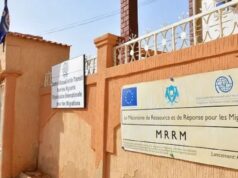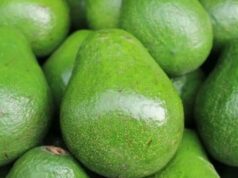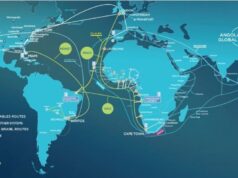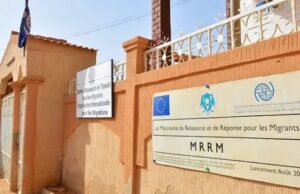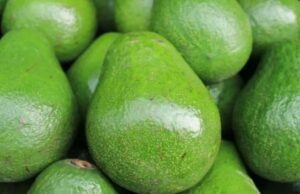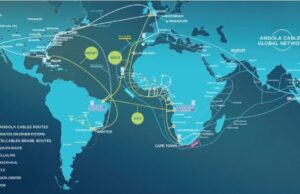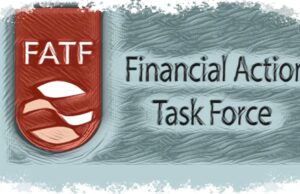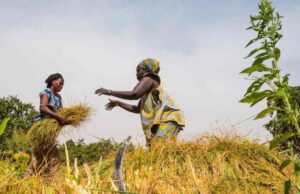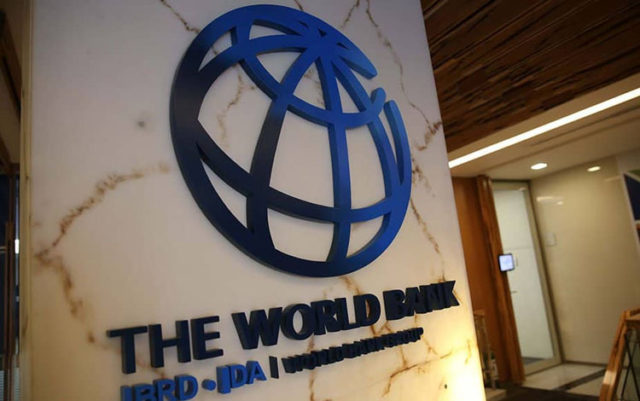
(3 minutes read)
· The latest World Bank Nigeria Development Update (NDU) said that it would be essential for the West African country to set policy foundations for a strong economic recovery
· At the same time, the Bank has conceded that the Nigerian government took measures to protect the economy against a much deeper recession
· The inflation rate was the highest in four years as of April 2021, with food prices accounting for over 60% of the total increase in inflation.
The latest World Bank Nigeria Development Update (NDU) said that it would be essential for the West African country to set policy foundations for a strong economic recovery. At the same time, the Bank has conceded that the Nigerian government took measures to protect the economy against a much deeper recession.
The Report titled “Resilience through Reforms” said that in 2020 the Nigerian economy contracted lesser than what it was expected. The economy contracted only -1.8% lesser than what it had been projected at the beginning of the pandemic at-3.2%. The economy is showing buoyancy now. At the same time, the prices are increasing rapidly. This has adversely impacted the household sector. The inflation rate was the highest in four years as of April 2021, with food prices accounting for over 60% of the total increase in inflation. The spiraling inflation has pushed an estimated 7 million Nigerians below the poverty line in 2020 alone.
The report acknowledged government’s policy reforms aimed at mitigating the impact and steps taken towards reducing gasoline subsidies and adjusting electricity tariffs. It has also taken note of the pro-poor spending. Both the Federal and State governments cut nonessential spending and redirected resources towards the COVID-19 responses, the report pointed out. While taking note of the recovering oil prices that can help the country, the report stresses the need for deepening the reform process. This, it says, would help fill the gaps in the physical capital needed to attract private investment.



